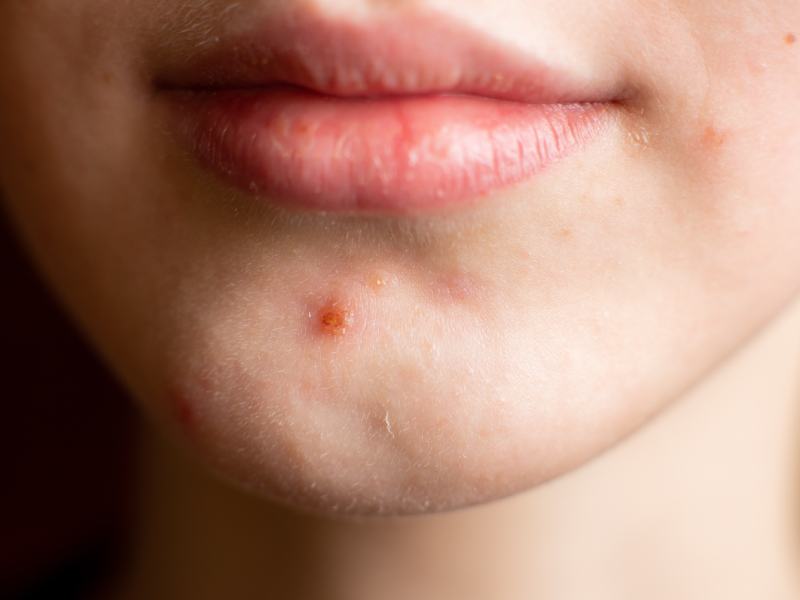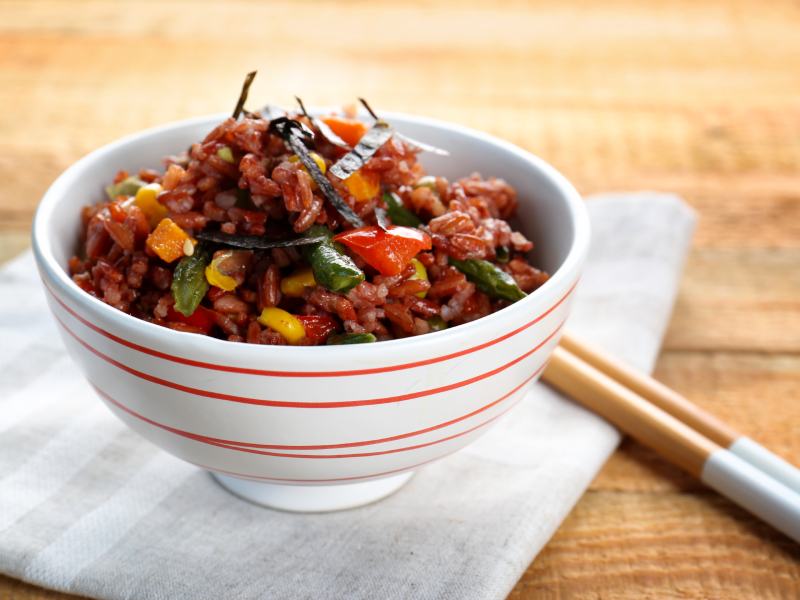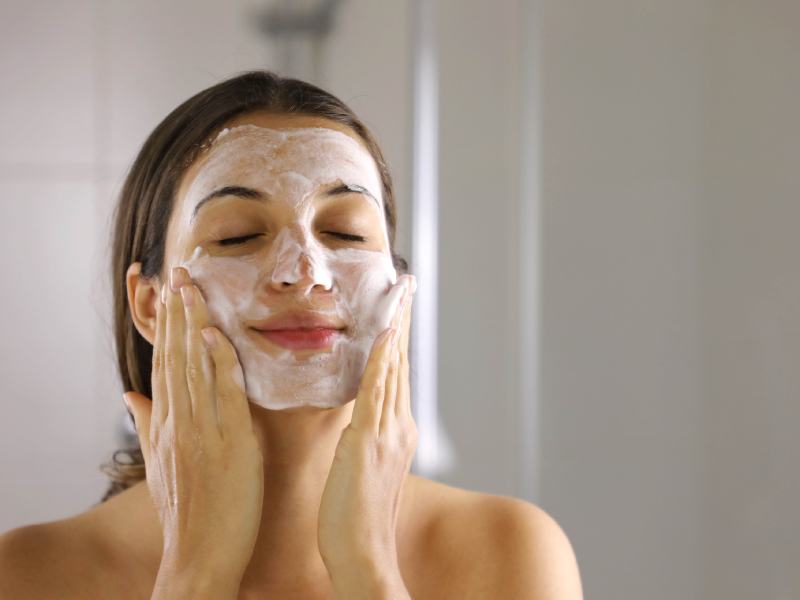The relationship between spicy food and acne has been a topic of debate for years. While some people claim that eating spicy foods can cause breakouts, others believe that there is no correlation between the two. While research on the topic is limited, some studies have suggested that there may be a link between spicy food consumption and acne. However, it’s important to note that the evidence supporting this theory is not conclusive, and everyone’s body is different, so what triggers acne breakouts for one person may not affect another. In this article, we’ll take a closer look at the relationship between spicy food and acne, and find out how to enjoy spicy cuisine without worrying about breakouts.
What is Acne?
Before we delve into the relationship between spicy food and acne, let’s first define what acne is. Acne is a dermatological condition that occurs when hair follicles become obstructed by a combination of sebum (oil) and dead skin cells. It can manifest as pimples, blackheads, whiteheads, or cysts. While acne is frequently observed during puberty, it can impact individuals across all age groups.

What Causes Acne?
Acne can be caused by a number of factors, which include:
- Hormonal changes
- Genetics
- Stress
- Certain medications.
- Lifestyle factors like a diet high in sugar and dairy products
Can Spicy Food Cause Acne?
There has been a lot of debate around whether spicy food can cause acne. While some people claim that eating spicy foods can lead to breakouts, others believe that there is no correlation between the two.
While research on the topic is limited, some studies have suggested that there may be a link between spicy food consumption and acne. One theory is that capsaicin, the compound that gives chili peppers their spiciness, can increase inflammation in the body, which may lead to acne breakouts.

However, it’s important to note that the evidence supporting this theory is not conclusive. Other studies have found no significant correlation between spicy food consumption and acne.
It’s also worth noting that everyone’s body is different, and what triggers acne breakouts for one person may not affect another. So while some people may experience acne breakouts after eating spicy food, others may not have any issues.
That being said, if you are someone who is prone to acne breakouts, it may be worth considering limiting your consumption of spicy foods to see if it has any effect on your skin.
Overall, while there is some evidence to suggest that spicy food consumption may be linked to acne, more research is needed to fully understand the relationship between the two. If you are concerned about acne breakouts, it’s best to consult with a dermatologist or medical professional for personalized advice.
How to Enjoy Spicy Food Without Worrying About Breakouts
Now that we’ve established that spicy food does not directly cause acne, you can enjoy your favorite spicy cuisine without worrying about breakouts. However, there are some tips you can follow to minimize the risk of acne after consuming spicy food.
Moderation is Key
While there is no evidence that spicy food directly causes acne, consuming too much of it can cause digestive issues that may indirectly contribute to the development of acne. Therefore, it’s important to enjoy spicy food in moderation.
Choose the Right Type of Spices
Some spices may be more irritating to the skin than others. For example, spices like cayenne pepper and chili powder may cause skin flushing and irritation, which may indirectly contribute to the development of acne. On the other hand, spices like turmeric and ginger have anti-inflammatory properties and may actually benefit the skin. Therefore, it’s important to choose the right type of spices when consuming spicy food.
Be Mindful of Your Skin
If you’re prone to acne, it’s important to be mindful of your skin when consuming spicy food. Avoid touching your face or rubbing your skin after consuming spicy food, as this may spread bacteria and irritate the skin.

Additionally, it’s important to cleanse your skin regularly to remove any excess oil and debris that may contribute to the development of acne.

It is important to consult with a dermatologist or medical professional for personalized advice if you are concerned about acne breakouts. By using Remotederm’s online dermatology consultation services, you have the opportunity to receive professional guidance from a dermatologist at any location and at any time. This eliminates the inconvenience of having to endure extended wait times for in-person visits with a dermatologist.
Conclusion
In conclusion, while the relationship between spicy food and acne is still debated, evidence to support it is not conclusive. Research suggests that the compound capsaicin found in spicy food may increase inflammation in the body, leading to acne breakouts. However, it is important to note that everyone’s body is different and what triggers acne breakouts for one person may not affect another. If you are prone to acne breakouts, it may be worth considering limiting your consumption of spicy foods to see if it has any effect on your skin. Enjoying spicy food in moderation and choosing the right type of spices that may benefit the skin, like turmeric and ginger, can help minimize the risk of acne breakouts.
FAQs
- Is there a link between spicy food and acne?
While research on the topic is limited, some studies have suggested that there may be a link between spicy food consumption and acne. However, evidence supporting this theory is not conclusive, and everyone’s body is different, so what triggers acne breakouts for one person may not affect another.
- What are the best types of spices to choose when consuming spicy food?
Spices like turmeric and ginger have anti-inflammatory properties and may actually benefit the skin. On the other hand, spices like cayenne pepper and chili powder may cause skin flushing and irritation, which may indirectly contribute to the development of acne.
- Can spicy food trigger acne breakouts in everyone?
No, everyone’s body is different, and what triggers acne breakouts for one person may not affect another. So while some people may experience acne breakouts after eating spicy food, others may not have any issues.
- Can spicy food worsen existing acne?
It’s possible that consuming spicy food could worsen existing acne by causing inflammation, but more research is needed to fully understand the relationship between the two.
- Can I prevent acne after eating chocolate?
To prevent acne breakouts after eating chocolate, choose dark chocolate that contains at least 70% cocoa, enjoy it in moderation, and be mindful of other factors that can contribute to breakouts.
